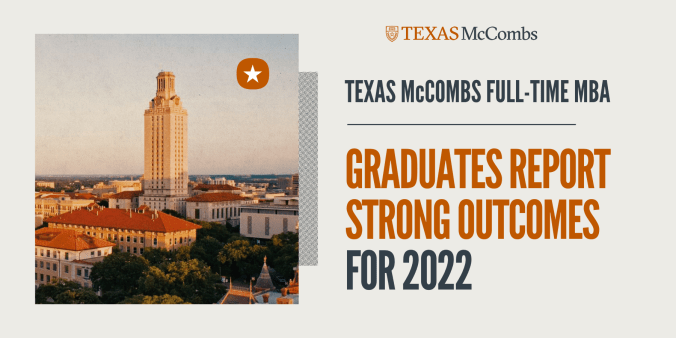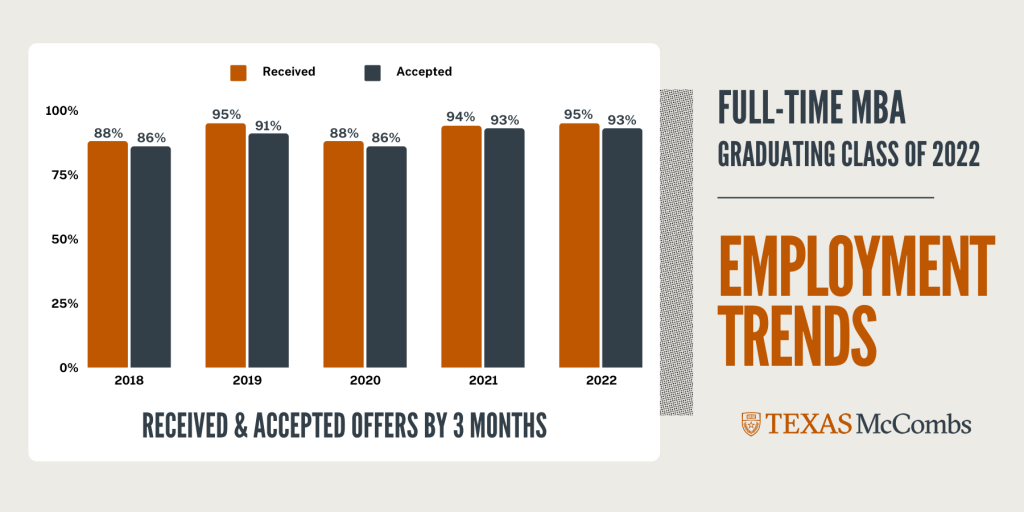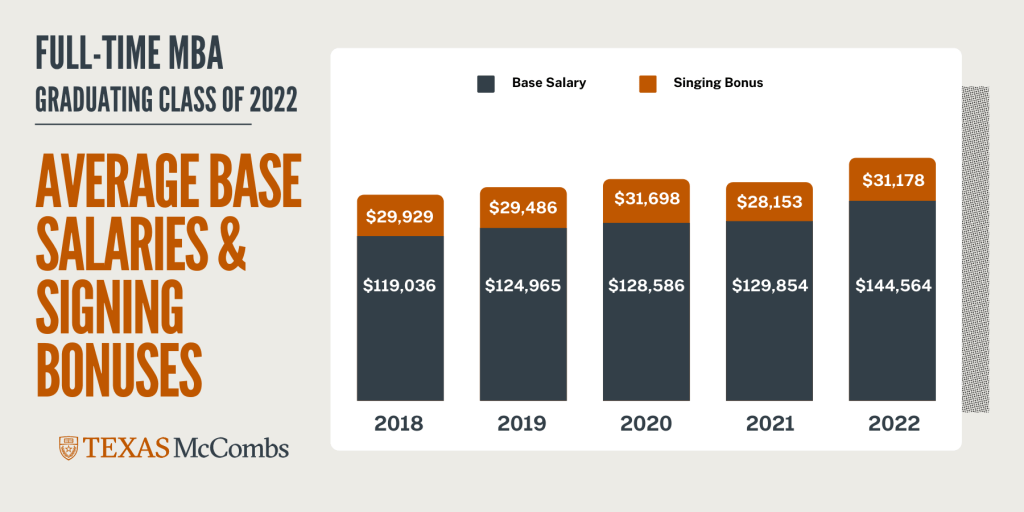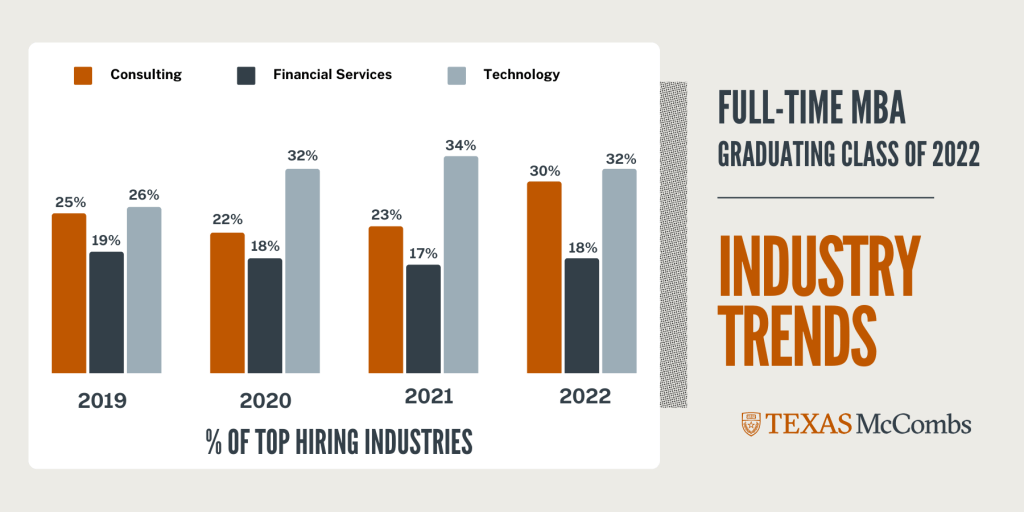Yes — more often than not, investing in an MBA pays off. The degree accelerates your career path, sharpens your business skill set, and boosts the confidence you need to lead teams and drive innovation. Whether you picture yourself spearheading a tech venture, guiding a Fortune 500 strategy, or stepping into an executive role, the credential can open doors to higher salary potential and broader career opportunities.
Still, an MBA is a significant commitment of time, money, and energy. Before you dive in, you’ll want to weigh factors like your career goals, financial readiness, and the format of the MBA program itself. This blog breaks down those considerations — both tangible and intangible — so you can decide whether pursuing an MBA degree is truly worth it for you right now.
TL;DR: Should You Get an MBA?
If you’re scanning for a quick answer to the question, “Is an MBA worth it?” keep these key points in mind:
- An MBA program remains one of the most reliable springboards into leadership roles, major career switches, and long-term earning potential — especially when you align the curriculum with your personal career goals.
- Return on investment isn’t fixed; it varies by industry, program quality, and how intentionally you leverage the network you build as an MBA student and later as an MBA alum.
- Here at Texas McCombs School of Business, we see strong ROI thanks to our alumni community, strong employer ecosystem, Austin, Dallas, and Houston’s vibrant market, and variety of educational formats — full-time, evening, weekend, and executive MBA tracks — that let you secure an MBA in a way that works for your career goals and lifestyle.
How To Decide If an MBA Makes Sense for You in 2026
Your decision starts with clarity. Ask yourself what you truly want next: Do you aspire to be in executive leadership, need a sharper business foundation to launch your own venture, or hope to pivot from engineering into product management? Pinpointing those career goals helps you gauge whether an MBA degree, or perhaps a specialized business credential, will move the needle the furthest.
Timing also matters. Consider your current work experience, the job market in your target industry, and broader economic trends. For example, a Full-Time MBA can make sense during an economic slowdown when opportunity cost is lower, while an evening format might be smarter when salaries are rising and you don’t want to pause earning a salary.
Before you submit your MBA admissions materials, weigh your alternatives. Professional certifications, a specialized master’s, or continued on-the-job learning can offer similar growth in some fields.
Use the following checklist to pressure-test your readiness:
- Personal goals: Are you looking for a leadership role, career switch, or deeper expertise?
- Financial readiness: Look at tuition fees, living expenses, and available financial aid.
- Career stage: Are you a recent graduate, mid-career professional, or seasoned manager?
- Target industries: What sector are you hoping to enter or already in? Consulting, tech, finance, healthcare, or entrepreneurship, perhaps?
If most boxes align with your ambitions, pursuing an MBA could be the catalyst that propels your career opportunities — and confidence — to the next level. And remember, the payoff for getting an MBA is significant. Many MBA graduates experience an impressive pay bump, as well as increased responsibilities and leadership opportunities.
The Real ROI: What Can You Expect to Gain (and Spend)?
A clear-eyed ROI calculation starts with the numbers. While exact figures vary, analyses consistently show that MBA graduates enjoy sizable salary jumps within three years of finishing their programs. In fact, the Financial Times’ MBA Ranking found that the average base salary after getting a master’s degree from one of the top 100 schools (McCombs’ Executive MBA program ranks 10th among U.S.-based programs) rose by 4.4% over three years. At McCombs, Working Professional MBA graduates saw an 18% pay increase after graduation.
Our most recent class reported strong median starting salaries and impressive placement rates across consulting, technology, energy, healthcare, and finance — industries that traditionally deliver the highest post-MBA earning potential.
To visualize the upside, consider these typical returns many MBA holders experience:
Salary Acceleration
Median compensation often rises between pre-MBA roles and post-MBA positions, with additional gains over time as you climb into senior leadership.
Career Mobility
A well-regarded MBA program signals readiness for management, making it easier to pivot into new functions, industries, or geographies.
Long-Term Earnings
Over a 20-year horizon, the cumulative income boost can eclipse the total cost of attendance several times over, amplifying your financial trajectory.
Of course, you can’t ignore the costs. Tuition fees for a top MBA degree range widely — and opportunity cost — the salary you forgo if you step away from work — can rival or even exceed tuition itself. While McCombs continues to be one of the more affordable options of the T20 programs, finances are still something to consider. Add living expenses, relocation, and interest on any financing, and the investment becomes substantial.
That’s why format matters. Stepping out of the workforce for a full-time MBA may make sense if you’re eyeing a dramatic career switch or want to immerse yourself in campus life. This could include changing more than one of the following aspects: industry, function, level, and geography. If preserving cash flow is critical, part-time and weekend MBA options let you earn while you learn. Texas McCombs’ Hildebrand MBA offers full-time, evening, weekend, and executive program formats, each designed to balance professional continuity with rigorous coursework so you can tailor your path without derailing your income.
Beyond Salary: The Intangible Value of an MBA
An MBA’s true power extends far beyond a higher salary line on your pay stub. In classrooms, case competitions, and experiential projects, you’ll sharpen strategic thinking, strengthen management confidence, gain understanding of how to utilize AI as a valuable tool, and learn to make high-stakes decisions under pressure — skills that position you for lasting leadership.
You’ll also gain a global, cross-functional perspective that’s hard to replicate in day-to-day work. Surrounded by classmates from diverse industries and cultures, you tackle real-world business challenges together, discovering how finance, marketing, operations, and analytics interlock to drive organizational success. That holistic lens prepares you to navigate complexity, whether you’re pursuing an executive MBA path or guiding a startup through rapid growth.
Community might be the most underestimated ROI driver. As a McCombs Hildebrand MBA student, you join 1080,000+ McCombs alumni and 25,000+ MBA alumni who span consulting, tech, finance, healthcare, and social enterprise. Texas’s innovation ecosystem adds another layer of opportunity, connecting you to venture capitalists, industry disruptors, and thought leaders in Austin, Dallas, and Houston eager to collaborate. Those relationships translate into mentorship, job opportunities, and lifelong support long after graduation caps are tossed.
Finally, there’s personal growth. The program tests resilience, fuels self-awareness, and expands your worldview. You’ll refine your leadership philosophy through reflection, coaching, and dedicated coursework. By the time you earn your MBA degree, you’ll not only have advanced business skills but also the confidence and clarity to lead teams, drive change, and create impact at scale.
Making the MBA Work for You: Aligning Goals With the Right Program
Your MBA journey should feel purpose-built for your ambitions. Start by matching what you want to achieve — whether it’s breaking into senior leadership, launching a startup, or elevating your analytical skills — to a program that prioritizes those strengths. Our leadership training, innovation coursework, and hands-on learning experiences intersect, giving you the space to experiment, collaborate, and grow.
Format flexibility is another lever you control. Choose the immersive focus of a Full-Time MBA if you’re ready for a bold career pivot, or maintain career momentum through evening or weekend tracks. If you bring substantial executive-level experience, the Executive MBA program surrounds you with peers who share your strategic vantage point, ensuring discussions meet you at your current altitude.
To make the most of your investment, engage early and often. Our Career Management team offers personalized coaching, résumé refinement, and direct connections to more than 800 employer partners. Networking events, case challenges, and internships give you real-time feedback and expand your professional circle long before graduation.
As you weigh next steps, carve out time to reflect on your personal and professional goals, your financial readiness, and the industries that inspire you. When you’re ready to move from exploration to action, explore McCombs’ Hildebrand MBA to find the option that will turn your career goals into attainable milestones.
Visit Texas McCombs MBA to learn more about our programs and upcoming events or take a peek into student life on Instagram. For any inquiries, don’t hesitate to reach out to the MBA Admissions Team. We look forward to connecting with you on your journey to success.
Hook ‘em!













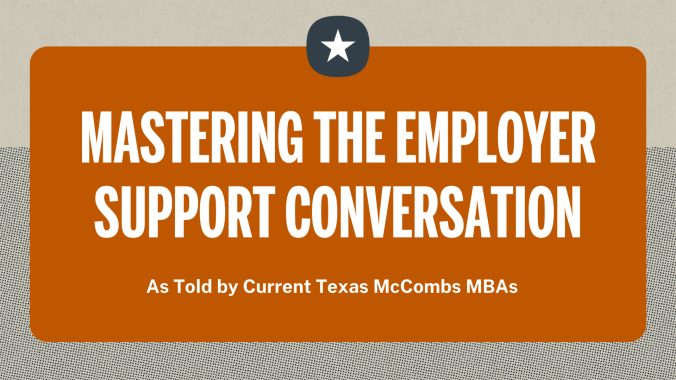
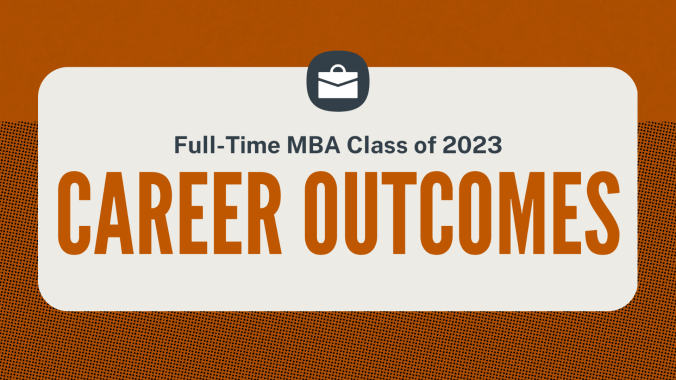
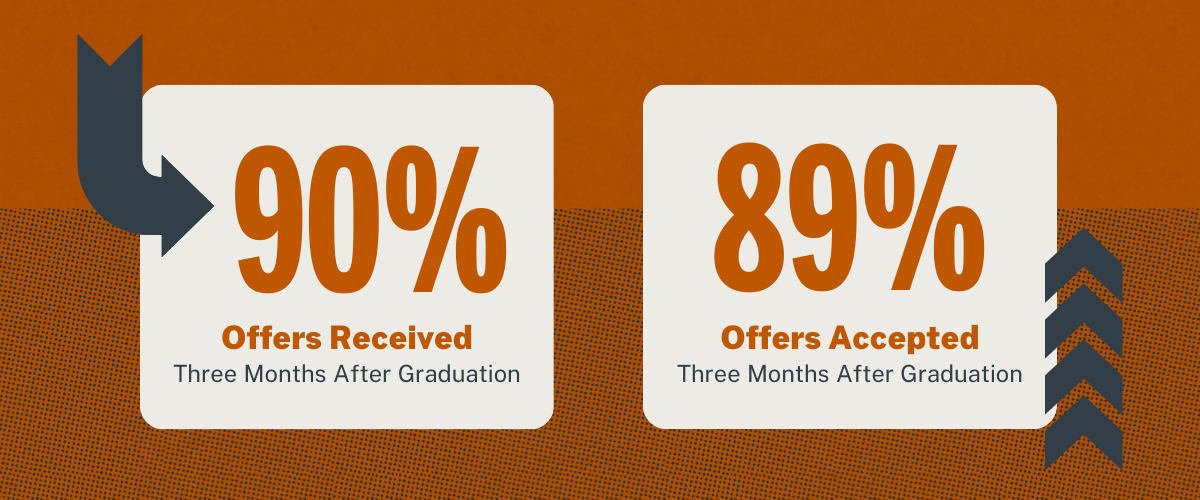
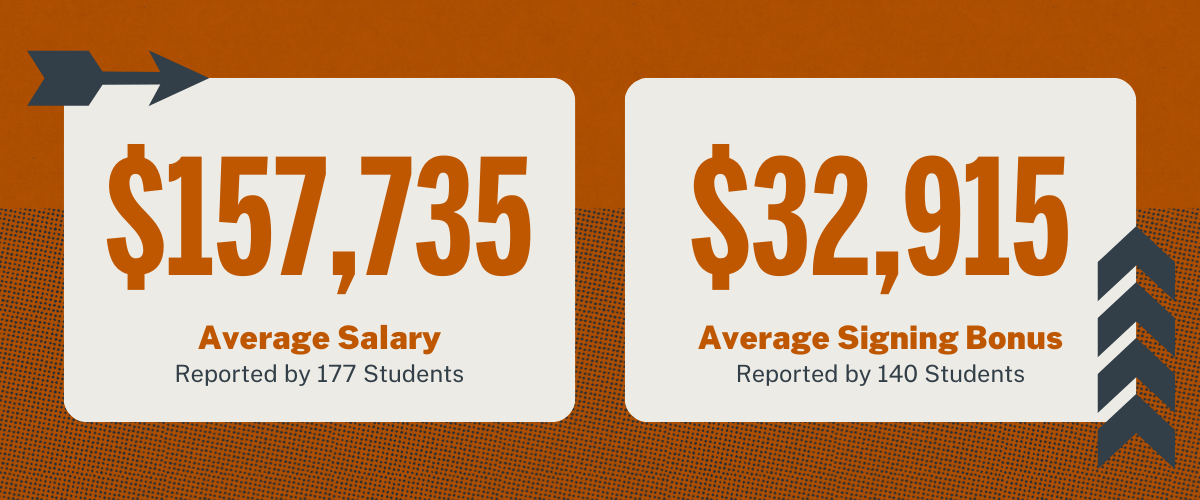

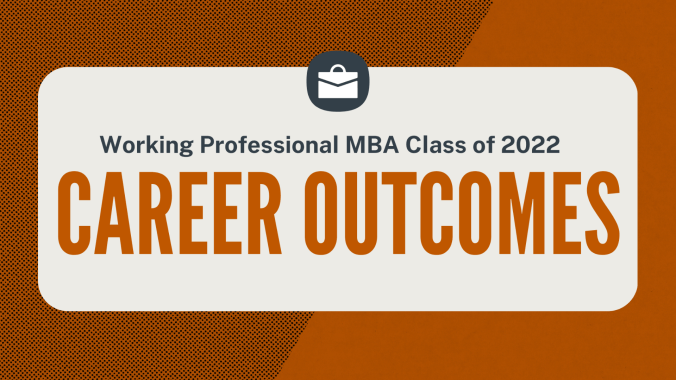
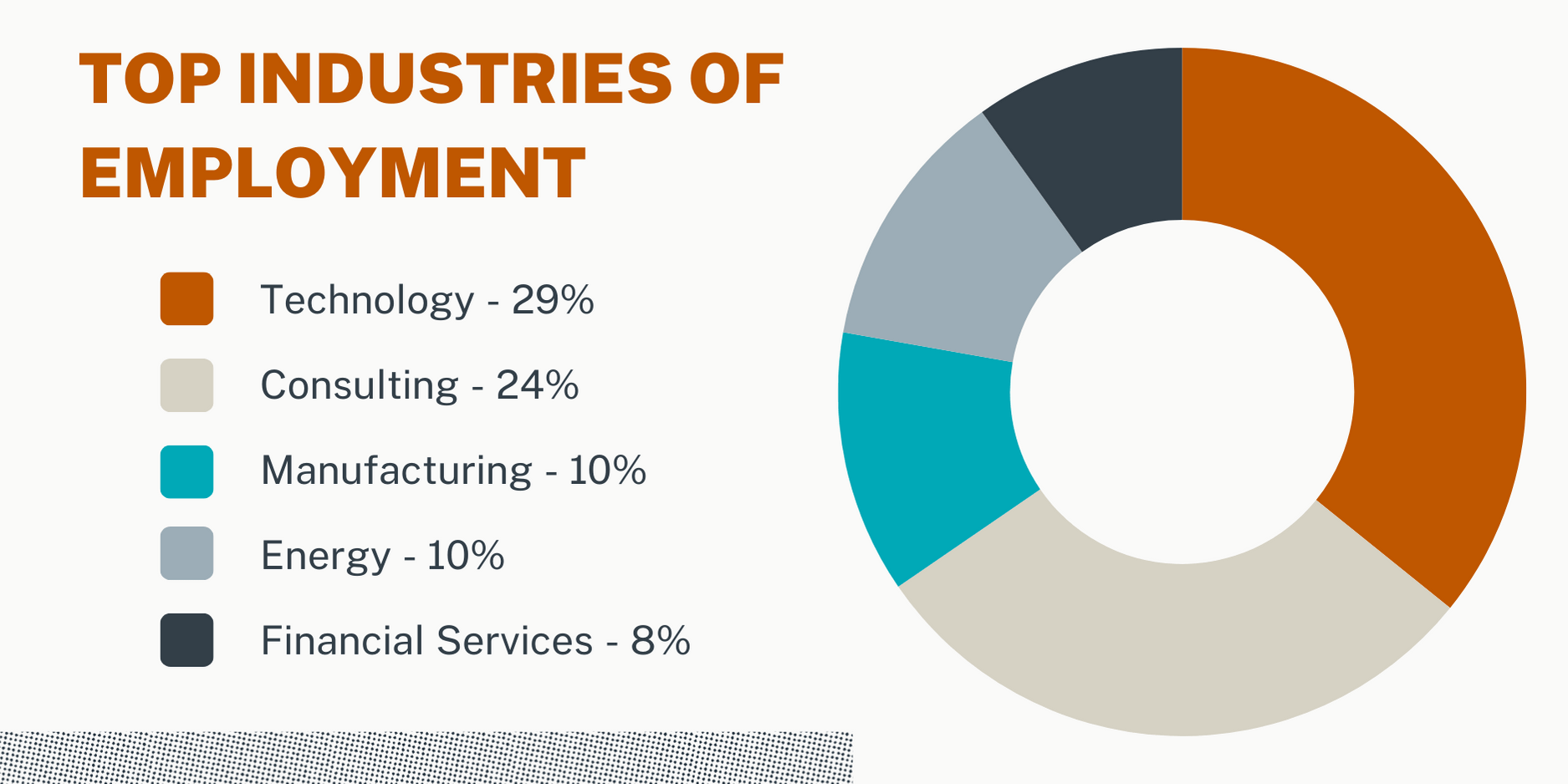
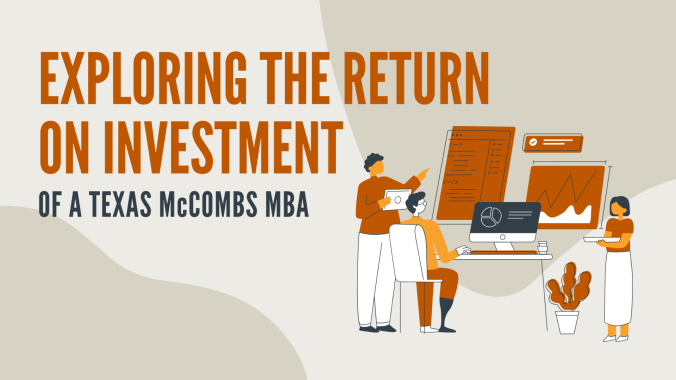
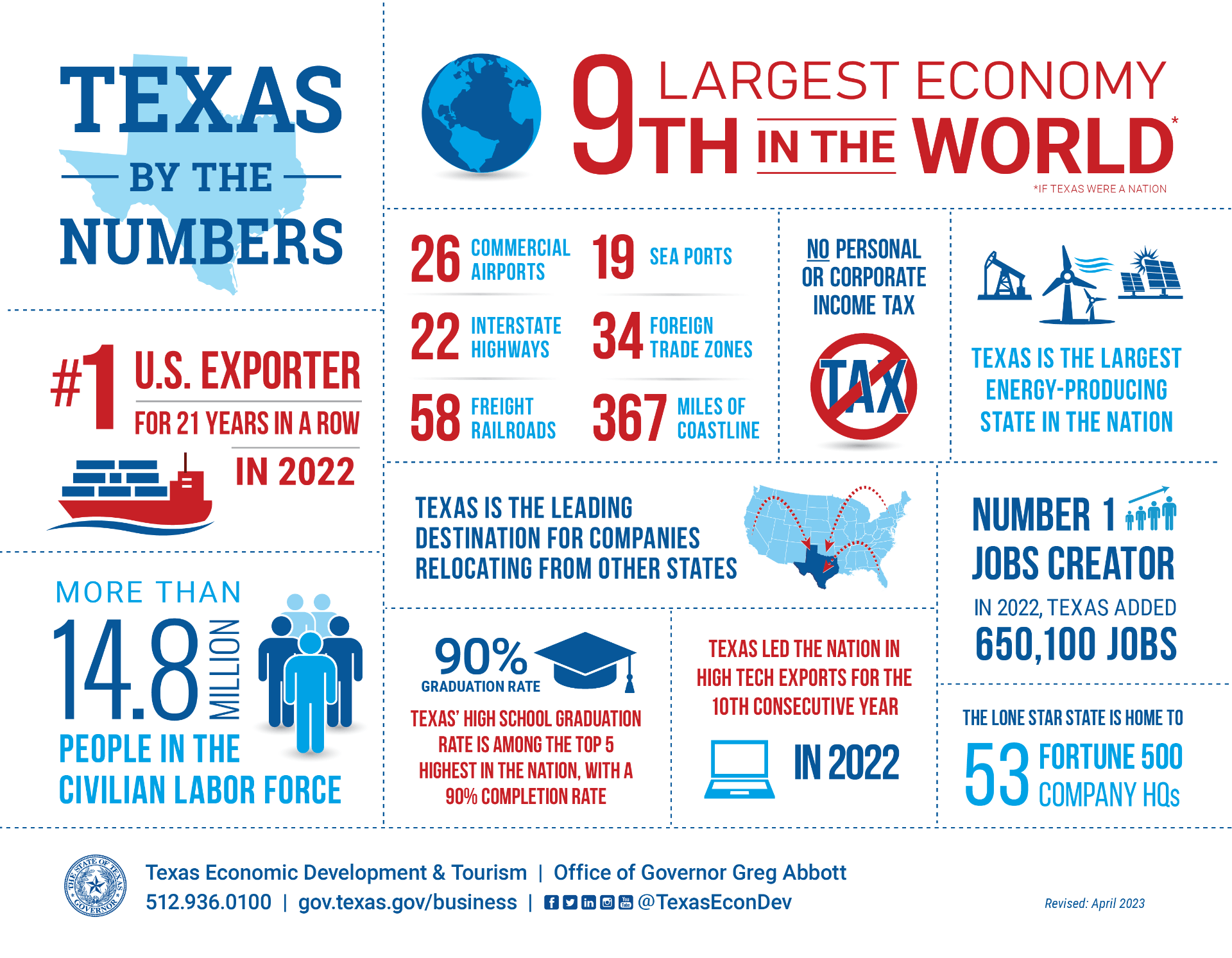
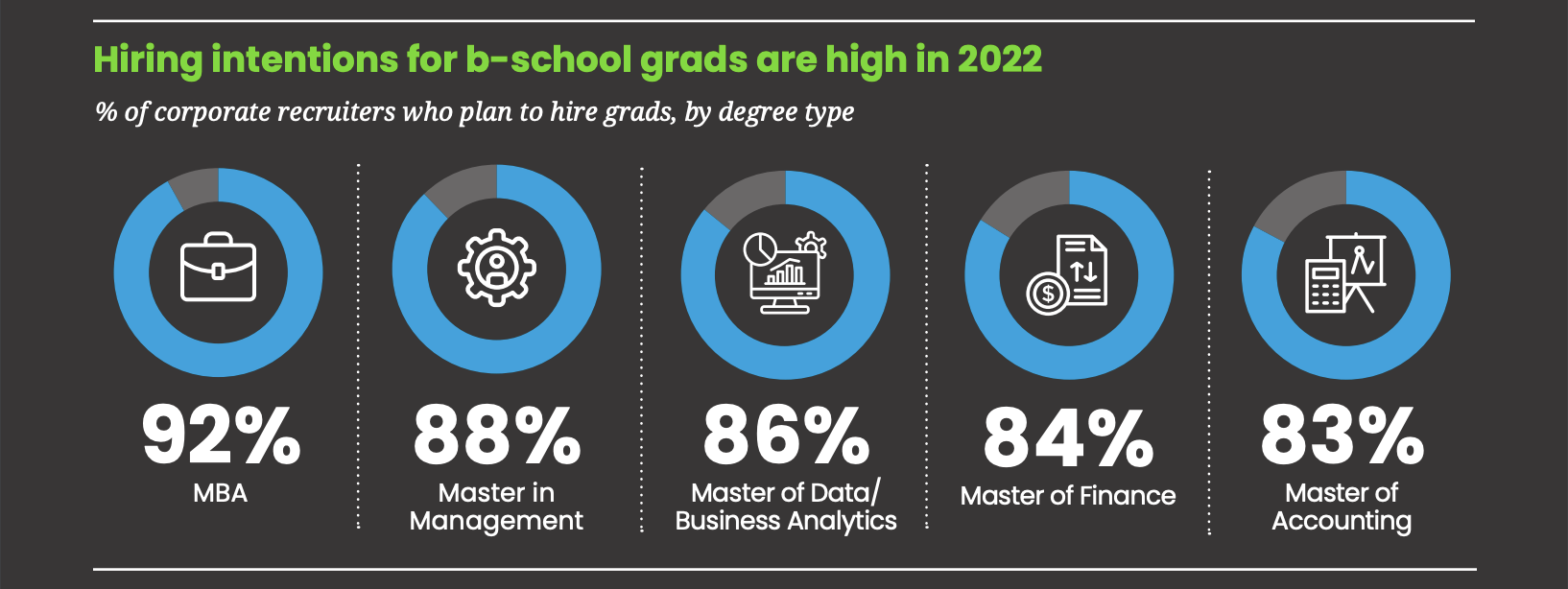
 After your McCombs MBA investment has paid for itself, you’ll have a lifetime to reap the rewards. If you are in your 20s or 30s, with an expected retirement age of 65, then you could have 30 or 40 more years ahead of you in your career. Wouldn’t it be nice to make the most of your incoming-earning years? The earlier you start, the more time you have to benefit from your increased post-MBA salary.
After your McCombs MBA investment has paid for itself, you’ll have a lifetime to reap the rewards. If you are in your 20s or 30s, with an expected retirement age of 65, then you could have 30 or 40 more years ahead of you in your career. Wouldn’t it be nice to make the most of your incoming-earning years? The earlier you start, the more time you have to benefit from your increased post-MBA salary.